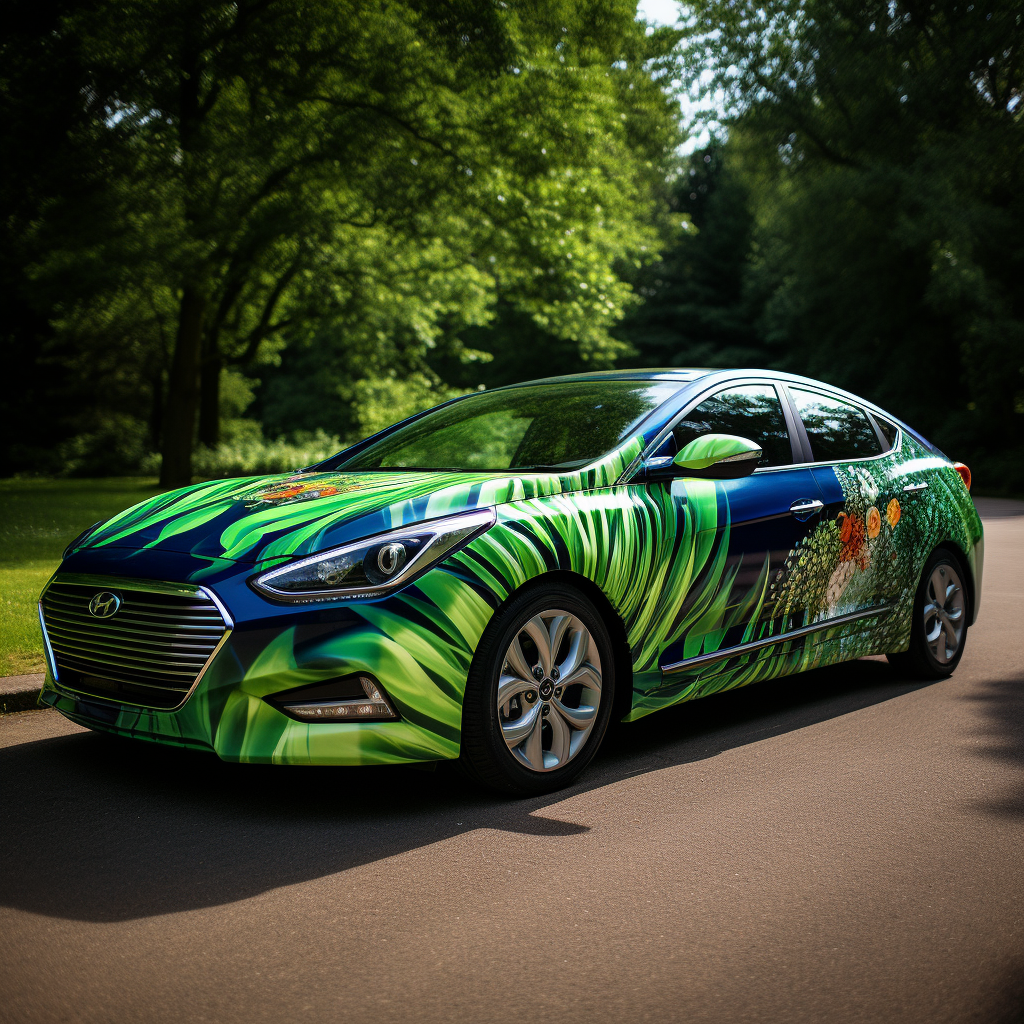Vehicle wraps, essentially large vinyl graphics or decals, have gained considerable popularity as a way to customize and protect vehicles. However, traditional PVC-vinyl wraps can pose environmental risks due to the toxic dioxins they produce and their non-recyclable nature. Thankfully, as our environmental consciousness grows, so too does the market for more sustainable alternatives. Enter environmentally-friendly car wrap films, an innovative solution to mitigate these issues.
According to Automotive Wrap Films Market Report Scope in 2022, the automotive wrap films market was valued at 5.8 billion dollars and it’s projected to grow at an impressive compound annual growth rate of 22.2% from 2023 to 2030. The expansion we're witnessing is not solely driven by the sector's commitment to minimizing its ecological footprint, but also by the growing consciousness and willingness of consumers to endorse practices that are environmentally friendly.
These green automotive wrap films replace traditional PVC-vinyl with non-PVC vinyl wraps that are free of the chlorine and halogens found in conventional films. This small change can make a significant difference by minimizing the environmental and health risks associated with PVC-vinyl wraps.
Environmentally-friendly wraps have several benefits that extend beyond just the environmental aspect. For one, the high-quality nature of these films ensures longevity, protecting vehicles from scratches and weather elements. Moreover, their ease of application and removal makes them ideal for both personal and commercial use.
The appeal of these eco-friendly wraps extends to the commercial world as well. Automotive wrap films are primarily used for advertising and brand marketing purposes on heavy-duty vehicles. Swapping out large billboards for mobile advertisements on heavy-duty vehicles delivers higher visibility and provides a higher return on investment.
Many companies have been proactive in contributing to this green movement. Some have started producing sustainable vinyl that maintains the flexibility and durability of traditional wraps but is made from non-PVC, phthalate-free, and bio-based materials. Additionally, the innovative use of environmentally friendly inks and recyclable materials further reduces the environmental impact.
As the world becomes more eco-conscious, it's vital that we make sustainable choices whenever possible. Switching to environmentally-friendly car wrap films is a step in the right direction, not just for our health but for the health of the planet. Let's wrap the world in a better future!

